Are You Under A Bed Bug Attack?
Bed bugs are one of the most common invasive pests in the United States. Every year, millions of dollars are spent on the removal of bed bugs and the ‘damage’ (both structural and health-related) caused by them. Bed bugs can cause a variety of issues – from allergies to insomnia.
Even though bed bugs are not an indicator of an unclean surrounding (in fact they are found in many of the five-star hotels!), their presence reduces the quality of living and becomes a source of stress.
Bed bugs are usually found around sleeping and resting areas, such as beds and sofas. Bed bugs are extremely adaptive pests, and their intense invasive nature makes it hard to eliminate them. They can hide in suitcases, clothes, and furniture, and thus will manage to cross countries in order to come and invade your bed!
Most buildings have at least one room that is invaded by bed bugs. Bed bugs often live 8-10 feet near the sleeping or resting areas. Are you under bed bug attack? Look for the following signs to see whether or not your house has been invaded by these tiny brown pests.
Bed Bug Bites
Bed bugs are parasitic insects that feed on the blood of humans and animals. They leave bite marks behind; these marks resemble red welts. Bed bugs are usually nocturnal and come to feed at night, which is why many people wake up feeling itchy the next morning. In most people, these welts do not cause any serious health issues, and only bring about itching and irritation. However, if a person is allergic, then bed bug bites can lead to extreme allergic reactions. The immune system, in this case, reacts exaggeratedly towards the bed bug bite.
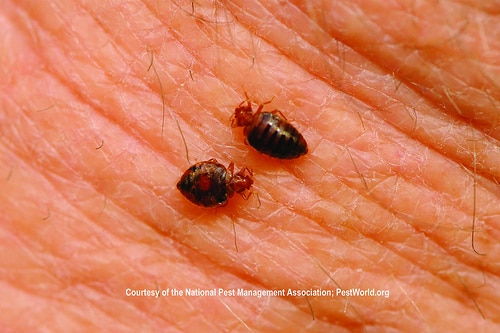
Bed bug bites, in general, have the following characteristics –
- Small, red, raised welts
- These welts will cause itching
- Welts are usually seen in a line or random pattern
- Bed bug bites are usually found on the exposed parts of the body (such as face, neck, arms)
These welts often disappear completely within a week or so. It is important to not scratch these welts, as that can lead to other skin issues. It has been noticed that in some cases (20%) the bed bug bites do not produce any welts at all.
People allergic to bed bug bites will have some or all of the following reactions –
- Excessive swelling around the welts
- Breathing difficulties
- Red, swollen, painful welts
- Pus-filled welts
Signs of having bed bugs
- Exoskeletons left behind by bed bugs that have molted
- Faeces left behind by bed bugs (tiny pellet-like pieces; seen under pillows and below mattresses)
- Red dots of blood found on the bed covers
- Crushed bed bugs on the bed (they emit a foul, sweet, musty odor)
When do bed bug bites appear? How long do they take to go away?
Bed bugs bites can appear a day after being bitten; in some cases, they appear after more than after a week or so. Bed bugs do not cause any diseases as they are not carriers of any bacteria, fungi or virus. Bed bugs bite usually take around two weeks to disappear completely. Scratching these bites can lead to infection and scarring, so it is better to avoid touching the bite.
Home remedies (such as applying aloe vera) can often provide a soothing relief to bed bug welts. These welts do not have any long-term consequences. Those who are allergic should, however, consult a doctor if any bed bug bites are noticed on the body.
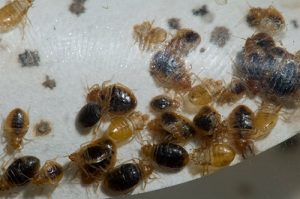
Say Goodbye to Bed Bugs!
Bed bugs can be a nuisance, and it is very difficult to remove them using home remedies. In most cases, a professional pest control service is required. Organic Pest Control Palm Beach has skilled exterminators that will effectively eliminate your bed bug problem. Our effective and powerful organic techniques of bed bug elimination will make sure that your house will never again be under the attack of the tiny parasites! Our exterminators will use environment-friendly organic ways of pest removal to make sure that your healthy home environment can be maintained.
Contact Organic Pest Control Palm Beach the minute you notice bed bugs, and we guarantee you that you won’t ever have to worry about bed bugs again.
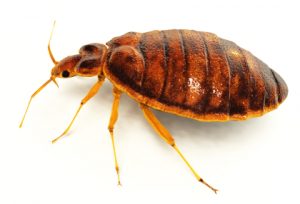
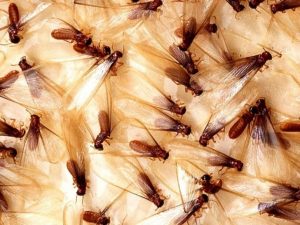





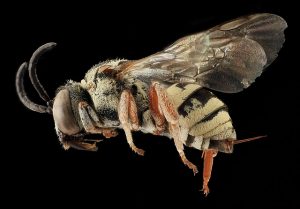
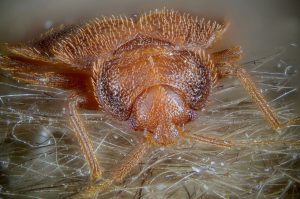
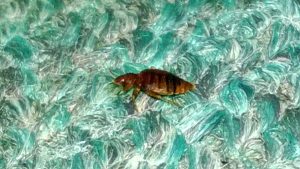
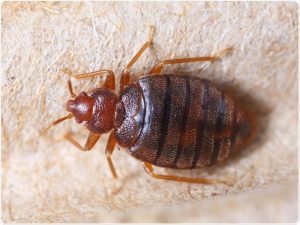



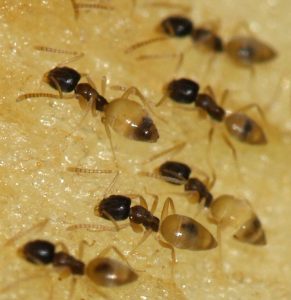
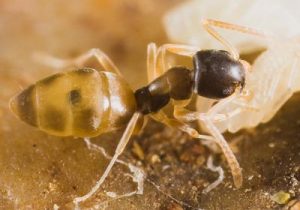 like logs are also easy modes of transport if they’re abut the walls of your property. Ghost ants travel in lines right into your home to build their own. Most common, they create multiple nests in baseboards, crown molding, flowerpots and wall voids. They are stealthy are you will probably not see them until they have already done extensive damage. There multiple nets make them not only hard to eradicate but also creates an opportunity for them to spread their destruction through your entire home and business.
like logs are also easy modes of transport if they’re abut the walls of your property. Ghost ants travel in lines right into your home to build their own. Most common, they create multiple nests in baseboards, crown molding, flowerpots and wall voids. They are stealthy are you will probably not see them until they have already done extensive damage. There multiple nets make them not only hard to eradicate but also creates an opportunity for them to spread their destruction through your entire home and business.